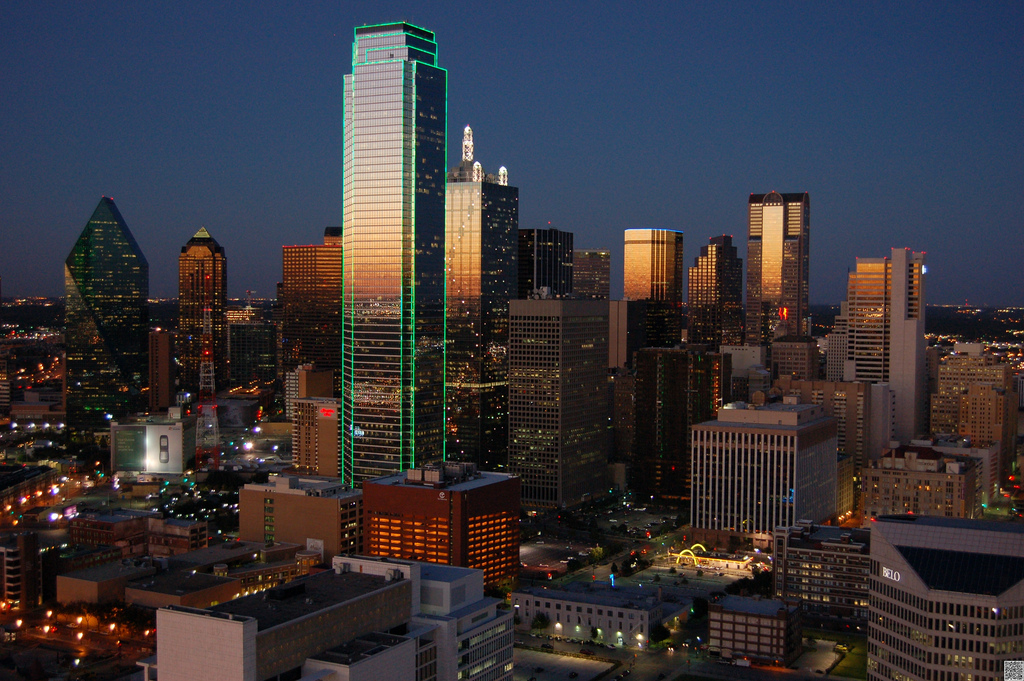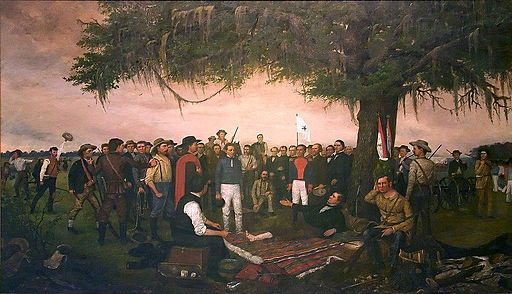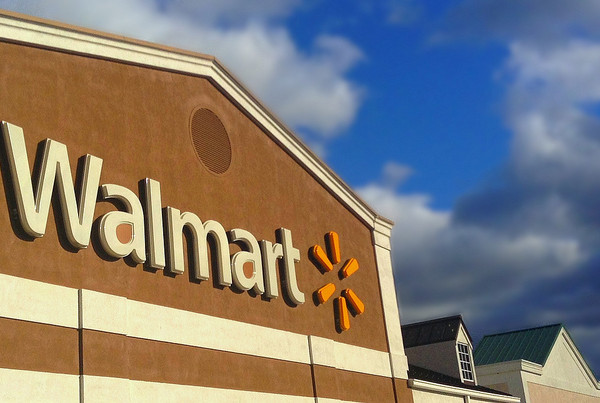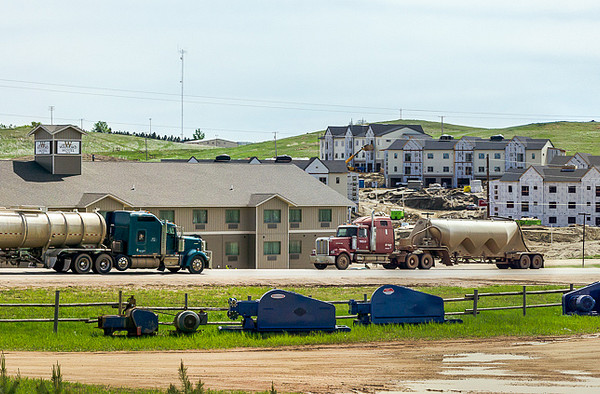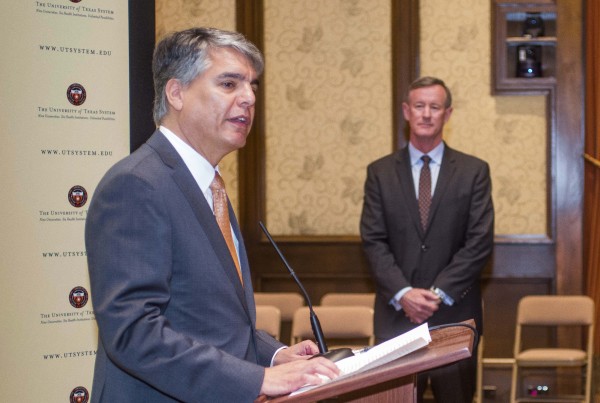Dallas has always been known as a hub for large corporations. The Dallas Fort-Worth area is home to 18 Fortune 500 companies – but it’s rarely been the town for entrepreneurs to innovate and start a business. But as more people get into the startup game, the metroplex is starting to show signs of startup growth.
Jeremy Vickers, Dallas Regional Chamber’s Vice President for Innovation, says the climate to build entrepreneurship is improving.
“We were so geographically dispersed in our startup activity…if you lived in Frisco and you wanted to be part of an activity that was based out of downtown Dallas it wasn’t very easy to do so,” Vickers says. “Now what we’ve seen is that our concentration of startup activity is now in the downtown area of Dallas.”
Vickers also says 75 to 80 percent of the startup activity is based in downtown Dallas, which still has the ability to develop its city – whereas Austin has already “overbuilt” its downtown area.
Having the ninth largest airport in the world helps the ecosystem as well. “People can live in Dallas with a lower cost of living while still able to fly to the northeast and west coast within four hours,” he says.
Additionally, the creative momentum has always been there. According to Trey Bowles, Founder and CEO of the Dallas Entrepreneur Center, it’s just a matter of branding.
“I think what we’re really starting to see [in Dallas is] what Austin has done for so long – brand and communicate the great activities that are happening,” Bowles says.
Paul O’Brien, the chief marketing officer of MicroVentures, says SXSW along with companies like Dell and Freescale helped to foster that perception.
“Austin has SXSW Interactive…for almost two months, the country’s attention is what’s going on in Austin,” O’Brien says. “So it seems natural to me that folks think of Austin as the startup hub of Texas.”
Still, Austin is “two steps ahead”, according to Hall Martin, the founder of Texas Entrepreneur Network. Hall says that currently, 50 percent of startups are in Austin, while 25 percent of them are in Dallas.
It’s not about competition, however. O’Brien says instead of seeing each other as rival cities, the cities should work together to strengthen the Texas startup ecosystem.
Bowles agrees. “In the end, entrepreneurs support entrepreneurs, and that’s what’s happening across the state,” he says.
And while the coastal regions still beat Texas in venture dollars, both Vickers and O’Brien feel that the numbers aren’t a true measure of a region’s startup growth.
According to O’Brien, it takes four times less to set up a business in Texas compared to Silicon Valley. He believes that in ten years, Texas – with its developing infrastructure – will be the next Silicon Valley if we let these young companies grow.
“People are moving here one-way,” Vickers says. “The lack of taxes and unions are good for business.”
“That’s why a lot of Silicon Valley folks are moving here,” O’Brien adds. “We see a five to fifteen year roadmap that offers the potential for Texas to rival the coasts.”


